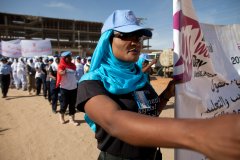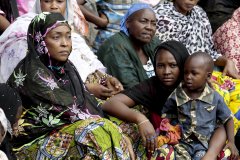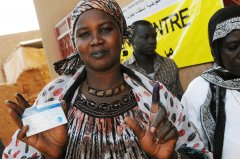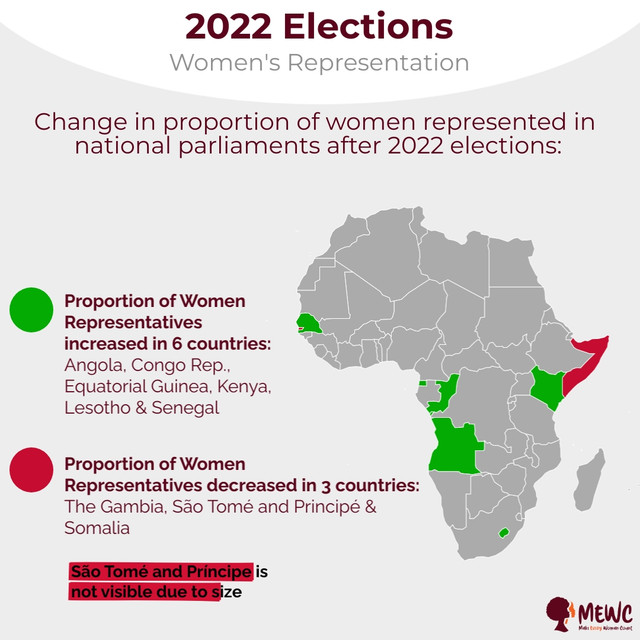High Representative/Vice-President Federica Mogherini said: "Last week we established a joint EU/AU/UN Task Force to accelerate our work to protect migrants and refugees and fight the criminal networks. With these new programmes, we will step up our commitments, save lives, guarantee the respect of human rights and of international standards, provide alternatives to those wishing to return to their homes and support to host communities. We already assisted over 14,000 people stranded in Libya to return and will support an additional 15,000 returns by February 2018. And we will support our partners to counter traffickers and smugglers, assisting them in bringing peace and security to the region."
Commissioner for European Neighbourhood Policy and Enlargement Negotiations Johannes Hahn said: "The current challenges in the Mediterranean Sea remain a top priority for the European Union. The EU Trust Fund for Africa continues to take action to tackle the root causes of irregular migration and to defend the rights of people who risk falling into the hands of traffickers and smugglers. With our new programmes, we will help dismantle criminal networks in North of Africa, support migrants who wish to return to their home countries and facilitate access for migrants to legal advice. We will also promote socio-economic integration in Morocco and will foster socio-economic development of the Libyan Municipalities".
Regional programme - Facility for Migrant Protection and Reintegration in North Africa, €10 million
This programme will be implemented by the International Organisation for Migration (IOM), and will further contribute to the ongoing efforts under the assistance voluntary return scheme. It will strengthen protection of migrants, support sustainable reintegration systems in North Africa and provide assisted voluntary return to migrants wishing to return to their home from Northern Africa. This Facility is conceived as a regional flexible mechanism able to adapt to the specific needs of the countries. This is yet another action towards enhancing support to stranded migrants as well as reinforcing national return and reintegration systems across the North of Africa region.
Regional programme - Dismantling the criminal networks operating in North Africa and involved in migrant smuggling and human trafficking, €15 million
This project will focus on regional dimension of fight against smugglers and traffickers. It will target the public sector of the countries in the region (in particular the Ministries of Interior, Justice, Finance, and Health). Under this programme, implemented by the United Nations Office on Drugs and Crime (UNODC), capacity-building as well as light equipment, such as IT and forensic tools, will be provided to actors dealing with law enforcement and criminal justice. The final beneficiaries will be the general public, victims of trafficking, smuggled migrants, and families of the latter two categories.
Morocco - Legal Empowerment for migrants, €4.58 million
This programme implemented by the Belgian Technical Cooperation will reinforce the protection and resilience of migrants and refugees, displaced persons and host communities in Morocco. Whilst strengthening awareness on their rights and access to legal counselling, the project will also contribute to promote the socio-economic integration of migrants and facilitate migrants' integration in the Moroccan society. This is a new very specific action complementing the EU support to the implementation of the Moroccan National Strategy on Migration (SNIA). The programme will support actors who help migrants and refugees access to their rights, such as lawyers, students, civil society associations and justice staff. It will develop and create legal clinics in Rabat, Casablanca, Tanger and Oujda.
Objectives for 2018
The Commission also outlined the priorities of the EUTF/North of Africa window for 2018. The situation in Libya will remain a top priority, with on the one hand increased efforts for the protection of migrants and refugees, including through the support for additional assisted voluntary returns and support for evacuation of the most vulnerable ones (in line with the recent decision of the EU-African Union summit); and on the other hand support to host communities. More specifically, funding will be provided to the UNHCR's evacuation mechanism through the EUTF and discussions with the IOM on additional measures under the assisted voluntary return scheme are being finalised. The Commission is also working together with Italy on a new initiative to be presented to the Operational Committee early in 2018, which is aimed at fostering the socio-economic development of the Libyan Municipalities, on the basis of needs of local authorities and in close coordination with the PC/Government of National Accord (GNA).





